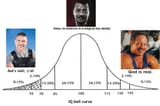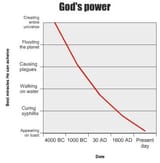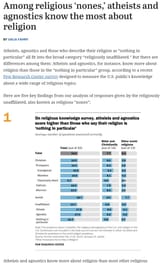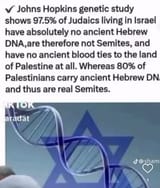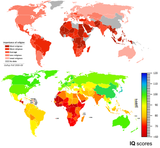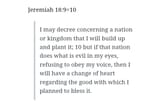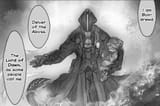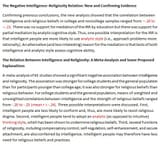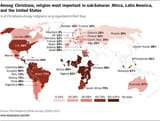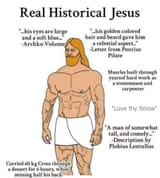>>519261278
In 2 Kings 3, Moab was a vassal to Israel, and it decided to rebel against Israel. (v. 4-5) Israel, Judah, and Edom decide to strike back. They stop by the prophet Elisha to get Yahweh's word on whether they will be victorious. Elisha prophecies that "(Yahweh) will also deliver Moab into your hands. You will overthrow every fortified city and every major town." (v. 18-19)
This appears to be the case, and every major city is destroyed except Kir Hareseth, or "Fortified City of Dirt." Over and over, Moab is defeated. But, suddenly, in verse 27, the Moabite king sacrifices his own child, and "divine wrath" fell on Israel, causing them to retreat. The Hebrew word there, קֶצֶף, is exclusively used in Classical Hebrew to describe the wrath of a deity. The Moabites worshipped Chemosh.
We also have a Moabite stele with this exact scenario inscribed, paralleling 2 Kings 3: "Omri was king of Israel, and oppressed Moab during many days, and Chemosh was angry with his aggressions... and I took from it the vessels of Yahweh, and offered them before Chemosh... And the king of Israel fortified Jahaz, and occupied it, when he made war against me, and Chemosh drove him out before me."
It should be noted, that according to the Moabite king, in the Moabite stone, the king sacrificed Yahwists (Jews) to Chemosh (because Chemosh is akin to a god of war). Jews likely didn't understand this form of sacrifice because Jews traditional sacrifice children , especially first born sons. So they likely assumed the King sacrificed his first born son.
This parallel is clear. in 2 Kings 3, Yahweh's prophecy of victory is a failure, and a Moabite god's wrath drives Israel into retreat. In the Moabite Inscription, Chemosh's wrath ends in Yahweh's defeat and the fleeing of Israel. Yahweh is not some sort of omnipotent being in much of the Bible. He is one of many gods, and he is a god that can be beaten.
 10/19/2025, 6:34:19 AM
No.519254539
>>519254656
>>519255501
>>519255505
>>519255958
>>519256138
>>519256214
>>519256221
>>519256447
>>519256692
>>519256700
>>519257011
>>519257105
>>519258097
>>519262831
>>519262886
>>519262932
>>519263118
>>519265059
>>519265200
>>519265498
>>519265879
>>519266436
>>519266504
>>519267882
>>519268013
>>519268103
>>519268525
>>519268774
>>519269326
>>519269692
>>519269965
10/19/2025, 6:34:19 AM
No.519254539
>>519254656
>>519255501
>>519255505
>>519255958
>>519256138
>>519256214
>>519256221
>>519256447
>>519256692
>>519256700
>>519257011
>>519257105
>>519258097
>>519262831
>>519262886
>>519262932
>>519263118
>>519265059
>>519265200
>>519265498
>>519265879
>>519266436
>>519266504
>>519267882
>>519268013
>>519268103
>>519268525
>>519268774
>>519269326
>>519269692
>>519269965





